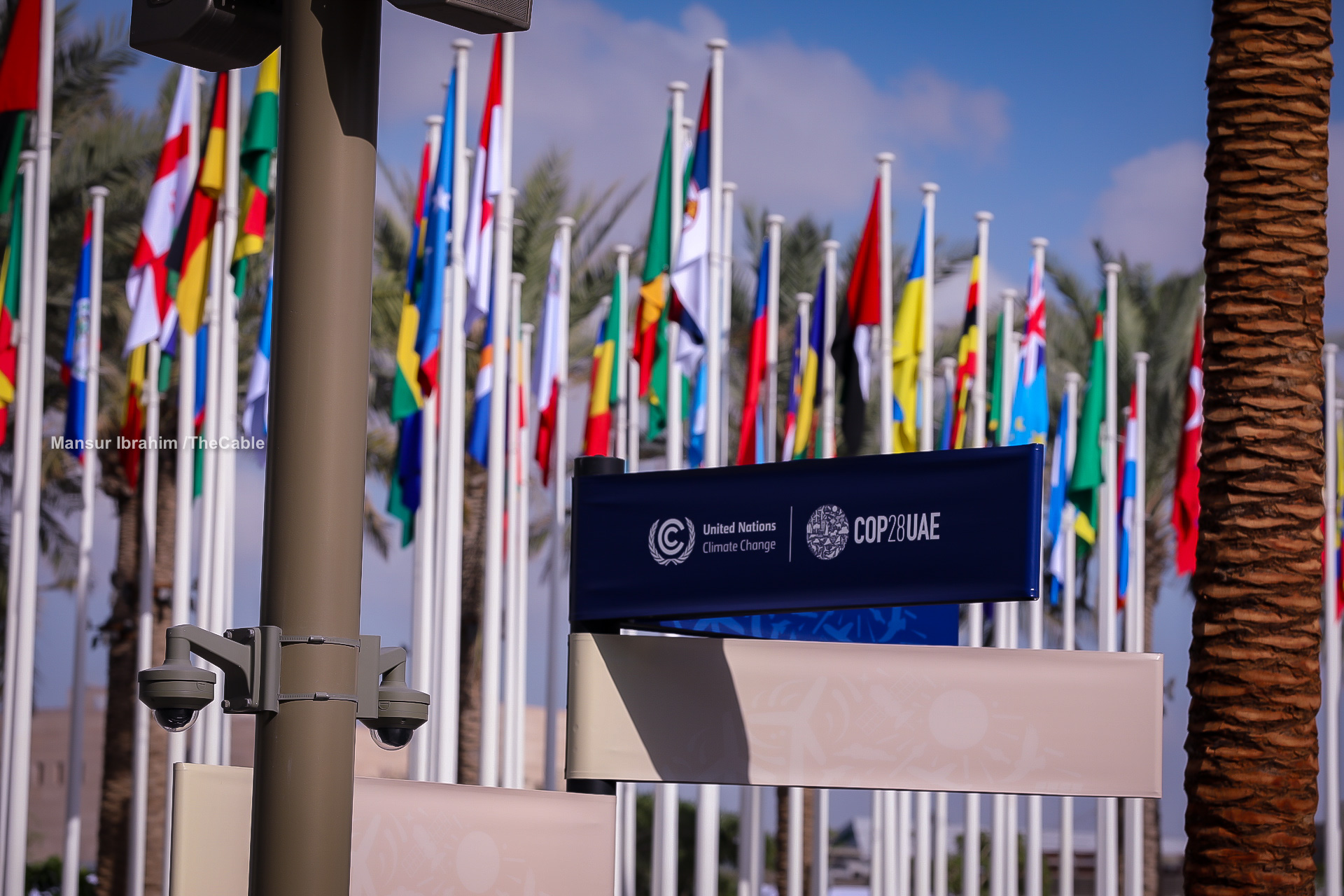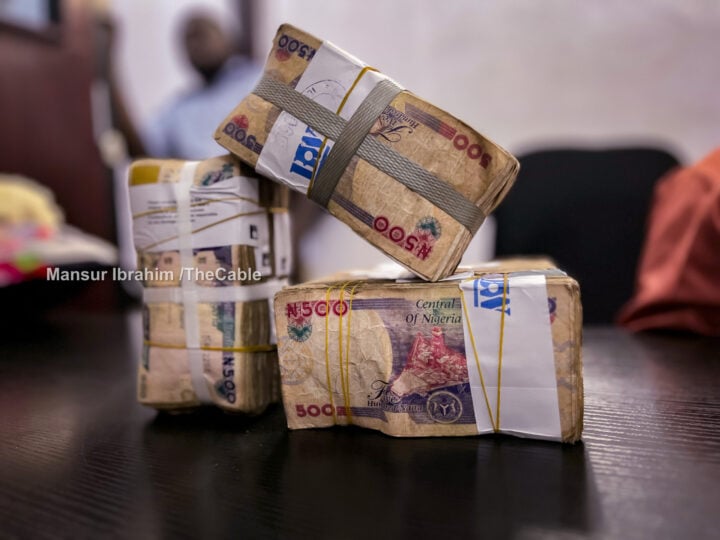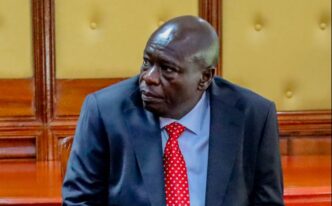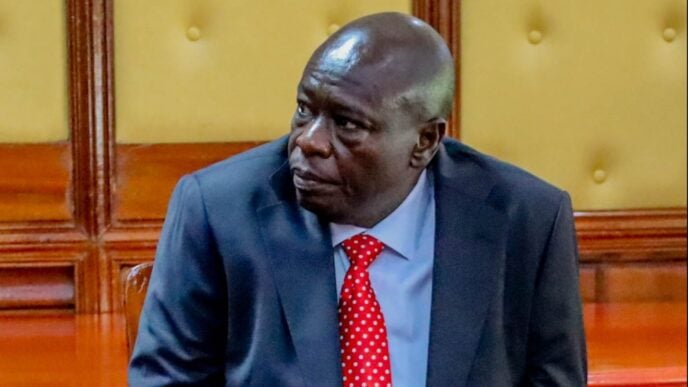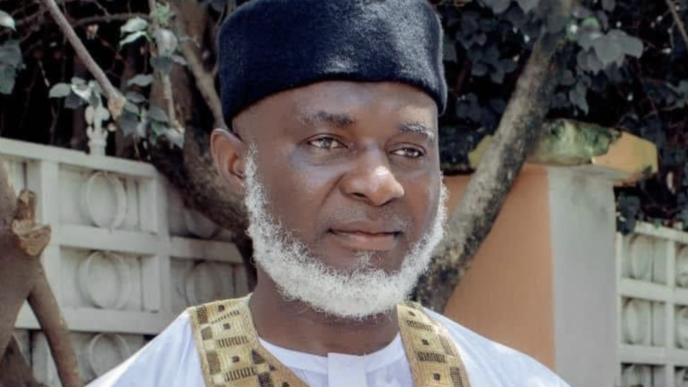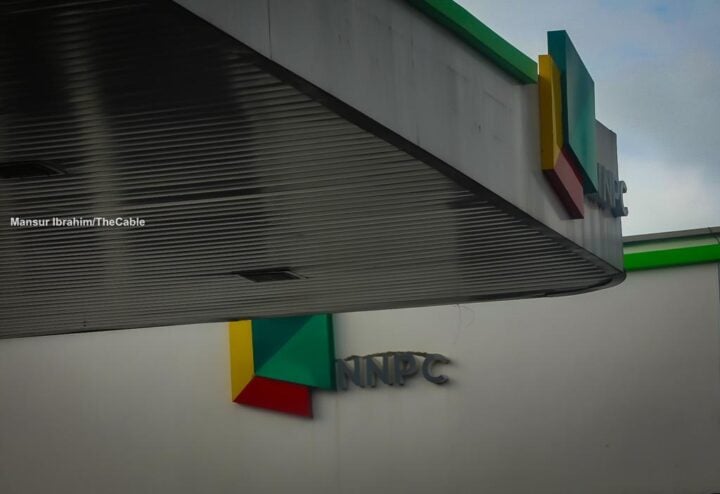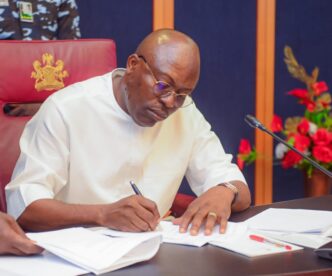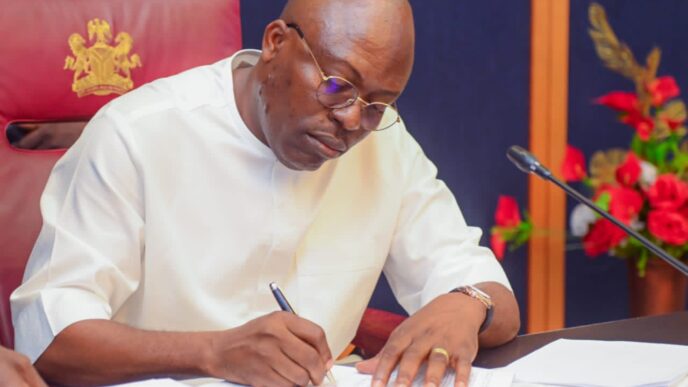COP28 held in the UAE in 2023
Oxfam International, a non-profit organisation, says up to $41 billion in World Bank climate finance remains unaccounted for due to poor record-keeping.
In a report released on Thursday, Oxfam revealed that an audit of the World Bank’s 2017-2023 climate finance portfolio uncovered that between $21 billion and $41 billion in climate finance went unaccounted for from the time projects were approved to their completion.
“There is no clear public record showing where this money went or how it was used, which makes any assessment of its impacts impossible,” the report reads.
“It also remains unclear whether these funds were even spent on climate-related initiatives intended to help low- and middle-income countries protect people from the impacts of the climate crisis and invest in clean energy.
Advertisement
“Our findings show that for each World Bank project, the average deviation between budgeted amounts and expenditures lies between 26% and 43%.
“This means that, on average, any World Bank project that has reported a share of climate finance for mitigation and/or adaptation at the approval stage can be expected to have ultimately delivered an amount that differs from what was planned by between 26% and 43%.”
The report also explained that the true impact of the projects carried out by the World Bank cannot be measured as there is simply no form of assessment.
Advertisement
“Across the portfolio of World Bank climate finance projects between 2017 and 2023, the total value of such deviation between budgeted and actual expenditures lies between US$24.28 billion and US$41.32 billion,” the report reads.
“This large pool of finance could include the funding of new climate actions as well as the defunding of other climate actions.
“Overall, however, the impact of this amount is unknown, as there is simply no assessment of how this climate finance was allocated or reallocated as projects were executed.”
‘NOT A BUREAUCRATIC OVERSIGHT, BUT A SERIOUS BREACH OF TRUST’
Advertisement
Kate Donald, head of Oxfam International’s Washington DC office, stated that the issue is not merely a bureaucratic oversight but a serious breach of trust capable of derailing the progress anticipated at this year’s Conference of the Parties (COP).
“The Bank is quick to brag about its climate finance billions — but these numbers are based on what it plans to spend, not on what it actually spends once a project gets rolling,” Donald said.
“This is like asking your doctor to assess your diet only by looking at your grocery list, without ever checking what actually ends up in your fridge.
“Climate finance is scarce, and yes, we know it’s hard to deliver. But not tracking how or where the money actually gets spent?
Advertisement
“That’s not just some bureaucratic oversight — it’s a fundamental breach of trust that risks derailing the progress we need to make at COP this year. The Bank needs to act like our future depends on tackling the climate crisis, because it does.”
Donald explained that the investigation uncovered how challenging and painstaking it was to obtain even basic information about how the World Bank is utilising climate finance.
Advertisement
“We had to sift through layers of complex and incomplete reports, and even then, the data was full of gaps and inconsistencies,” he said.
“The fact that this information is so hard to access and understand is alarming — it shouldn’t take a team of professional researchers to figure out how billions of dollars meant for climate action are being spent.
Advertisement
“This should be transparent and accessible to everyone, most importantly communities who are meant to benefit from climate finance.”
The report noted that climate reporting will be a key focus at this year’s COP in Azerbaijan, where countries are expected to negotiate a new global climate finance target called the New Collective Quantified Goal (NCQG)
Advertisement
The NCQG is a global climate finance target that aims to support developing countries in their climate actions after 2025.
Climate activists are demanding the Global North provide at least $5 trillion a year in public finance to the Global South to pay for climate adaptation, the loss and damage caused by the impacts of climate breakdown, and a just transition away from fossil fuels to renewable energy.
Oxfam warns that the lack of traceable spending could undermine trust in global climate finance efforts.
Add a comment

